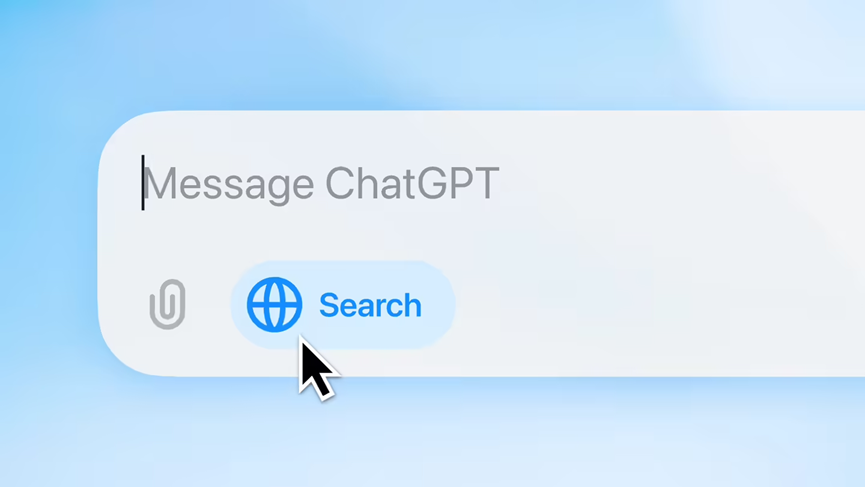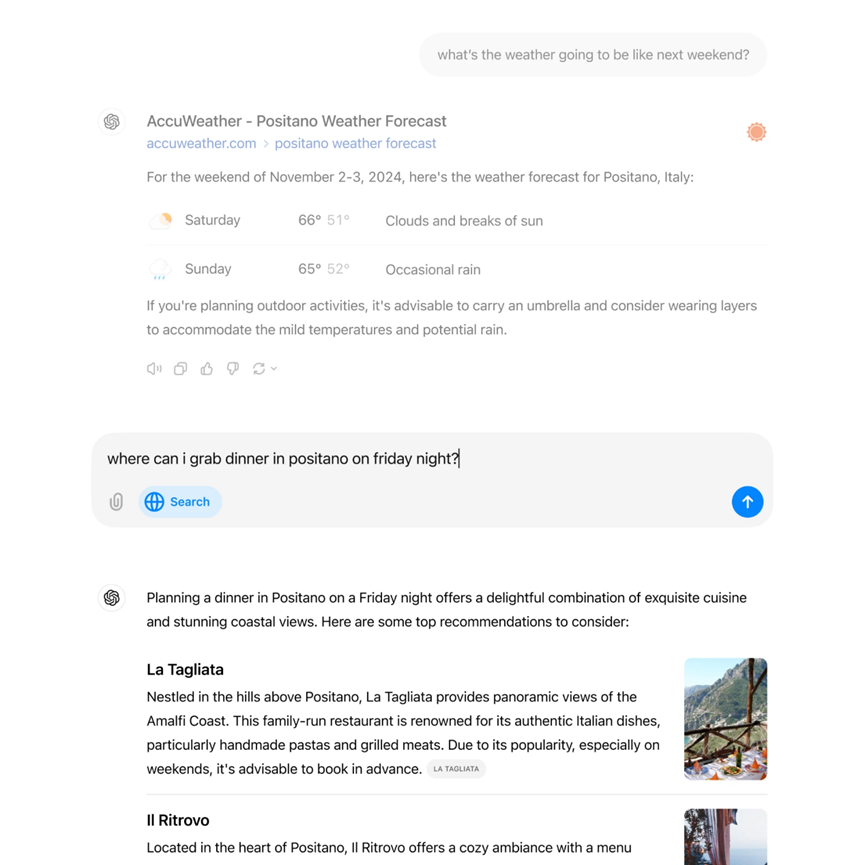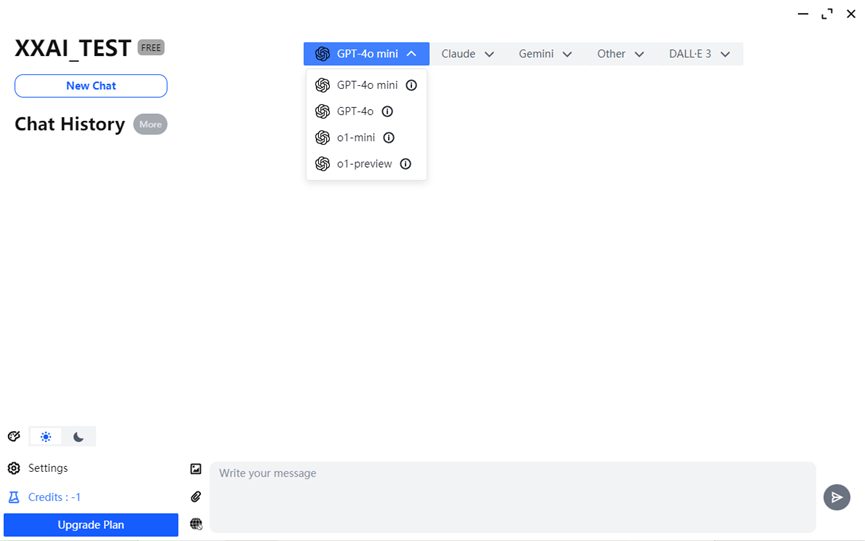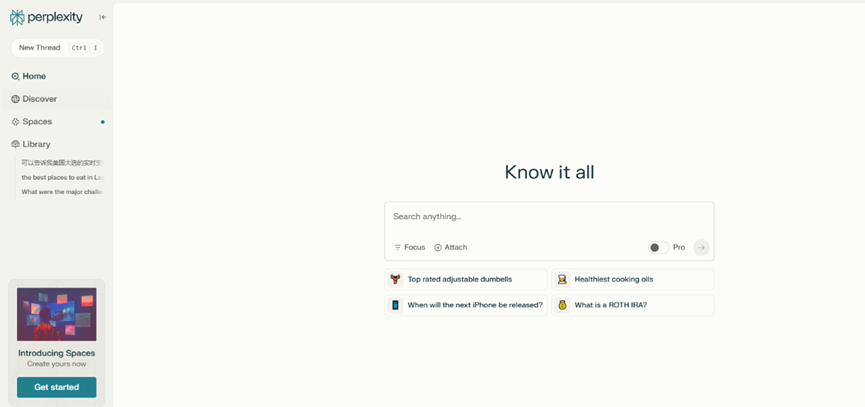ChatGPT Search: Not Yet a "Google Killer" - Analysis of AI Search Market Competition

Last week, OpenAI officially launched its highly anticipated search product, ChatGPT Search, directly challenging search giant Google. This launch was expected, as Google had already integrated AI-generated answers into its search product earlier this year. However, the "hallucination" issues that arose during this integration led the industry to have higher expectations for ChatGPT Search. Unfortunately, the actual user experience seems to have fallen short of these expectations.

Initial Experience: The Gap Between Ideal and Reality
Tech journalist Maxwell Zev tried using ChatGPT Search as his default search engine for a day before returning to Google. While ChatGPT Search showcases the future potential of AI-powered search, it still feels immature at this stage and struggles to meet daily search needs. ChatGPT Search does have some impressive strengths, such as efficiently handling complex queries, providing clear answer formats, and including source links for user verification. However, it disappoints when processing everyday short queries.
Key Issue: The Short Query Dilemma
The biggest issue with ChatGPT Search is its inability to effectively handle the brief keyword searches that users frequently perform. These queries, typically no longer than four words, account for most of Google's search volume. Whether it's checking "NBA scores," "today's weather," or finding a "nearby café," ChatGPT Search struggles to deliver accurate and timely answers.

XXAI: Pioneering a New Paradigm with Multi-Model Integration
Amidst the intensifying competition in the AI search market, XXAI has introduced an innovative solution. The latest version, expected to launch next week, will integrate 13 top AI models, including GPT o1, Gmini, and Perplexity, for a subscription fee of just \$9.9 per month. This significantly lowers the barrier for users to access top-tier AI services. Moreover, XXAI's alliance plan, which provides more participation opportunities for users, establishes a novel business model in AI services. This pioneering effort could have a profound impact on the entire industry.

Market Competition: A Trend Toward Diversification
Besides OpenAI, other AI search tools like Perplexity are actively positioning themselves in the market. Although Perplexity handles 100 million search queries per week, it also faces the challenge of processing short queries. Interestingly, the average query on the Perplexity platform is 10-11 words long, which is much higher than Google's 2-3 words, suggesting that AI search tools may be cultivating new user habits.

Technical Challenges and Directions for Development
AI search tools currently face two main technical challenges: the quality of the underlying search engine, as seen with ChatGPT Search's dependence on Bing, which still lags behind Google; and the limitations of large language models in handling short inputs.
Future Outlook
Although AI search tools cannot yet fully replace Google, they are creating new market opportunities. The AI search market is evolving towards greater diversity. To truly break through, these products need to enhance functionality while remaining affordable and address the core issue of short query processing.
In closing, the competition in the AI search arena is just beginning. While a true "Google killer" has yet to emerge, the rise of multiple innovative products signals a future full of possibilities for the market. Users stand to benefit from this competition, gaining access to smarter, more convenient search experiences. Although this transformation may not happen overnight, AI search is undoubtedly reshaping how we access information. Let us wait and see how this vibrant market continues to evolve.